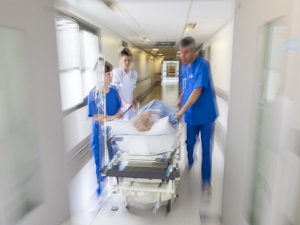
By Michael McHugh, PA
A senior medic has urged frail patients in Northern Ireland to discuss end-of-life arrangements with their families while they are still well.
Dr Hamish Courtney, from the Royal College of Physicians, said it is important that those dying from coronavirus do so peacefully.
Stormont's Health Committee was taking evidence on decisions whether to ventilate and the use of "do not resuscitate" notices for the weakest.
Dr Courtney said: "This is not just about Covid-19, although it has brought it into sharp focus.
"It is not just about rationing.
"It is about us as a society, doctors with their patients and families and individuals, discussing end of life.
"It is about providing compassion, care, allowing people to die peaceful and dignified deaths if that is possible."
He said people should speak to GPs and healthcare professionals before that emergency stage develops.
The doctor added that it is not a decision to be forced on people.
Alliance Party Assembly member Paula Bradshaw said she had received an email from a constituent, which said a woman's husband had been told he would not be taken to the intensive care unit if he "had a turn for the worse".
The Belfast South MLA branded it "callous, cold and devoid of humanity".
Official guidance says some patients could have acute treatment withdrawn to instead offer it to those with a greater chance of survival.
The British Medical Association (BMA) has set out guidelines on the rationing of care if the NHS is overwhelmed by new cases.
BMA ethics guidance says: "If services are overwhelmed during this pandemic, health providers will put in place - or expand - systems of triage.
"Triage is a form of rationing or allocation of scarce resources under critical or emergency circumstances where decisions about who should receive treatment must be made immediately because more individuals have life-threatening conditions than can be treated at once."


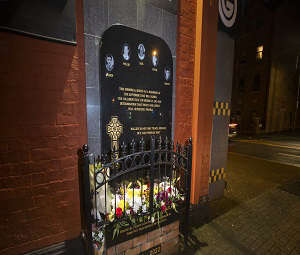 Officer to be prosecuted for offence linked to Troubles memorial during pandemic
Officer to be prosecuted for offence linked to Troubles memorial during pandemic
 Pair appear before court charged with nurse’s murder
Pair appear before court charged with nurse’s murder
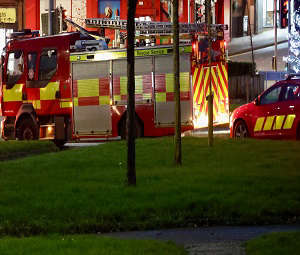 Woman dies in West Belfast house fire
Woman dies in West Belfast house fire
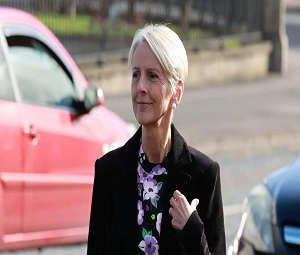 Eleanor Donaldson’s bid to have two charges withdrawn ‘should not delay trial’
Eleanor Donaldson’s bid to have two charges withdrawn ‘should not delay trial’
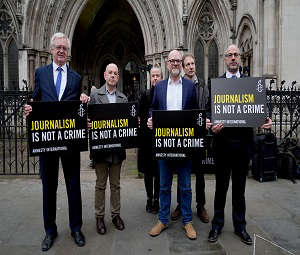 Police surveillance operation to unmask journalistic source ruled unlawful
Police surveillance operation to unmask journalistic source ruled unlawful